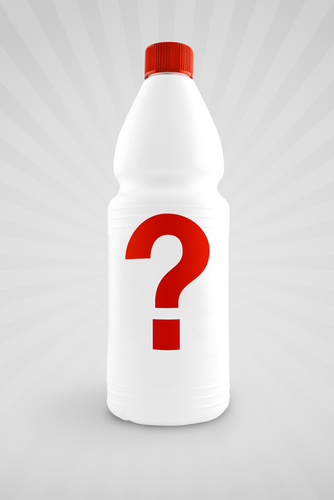
Product labels are everywhere and most people don’t give a second thought as to where they came from or how the idea originated. Well, like with anything, the original concept needed to be hatched and someone needed to implement it. Here is a look back on how the modern product label came to be.
Product labels have been a part of American consumer marketing for nearly 200 years. The most basic original product label was paint or markings on a sack or crate to differentiate one product from the other. At this stage, the markings were more of a practicality and safety concern when people couldn’t see through the packaging, and less about marketing.
Printed product labels began being used around 1800, and they quickly became widespread, especially as drug labels. Similar to today’s prescription information, pharmacies would attach labels to their product to explain the name of the medicine, dose, and other essential information.
The pharmacy industry definitely led the charge as far as product labels, also being the first to use stock labels. From labels that warned a consumer that the bottle’s contents were poisonous to labels saying to cook before eating, these kinds of quick labels became highly essential in the pharmacy world, as well as food.
Around 1845, printing companies began distributing catalogs of label option to marketing their business. It also became a competitive industry of people trying to set themselves apart, and this is where techniques like color printing, engraving, and more came to be.
Labels originally had to be adhered to packaging with gum, until the early 1930s when the self-adhesive label was invented. R Stanton Avery invented the machine to make self-adhesive labels in 1935 with only a $100 capital investment. He put it together using a motor from a washing machine, parts of a sewing machine, and a saber saw. He also founded the Avery Dennison Corporation, which today makes self-adhesive labels for consumer and office use, and they are a major supplier of self-adhesive stamps.
As grocery stores continued to evolve, labels became more and more essential. In the 1980s, barcodes became a standard on products in stores and became a central part of the way stores do business.
In the 1990 printers started making their way into people’s homes, and with that came print-your-own labels. There was a boom in the market as a variety of label-making software became introduced. Ultimately, a professionally-made label is the best way to get the high quality you want your product to exude.
Today, labels can be heavily customized. You can choose what kinds of materials you want to use, what kind of printing, color, etc. The possibilities are endless and there are still a lot of exciting places this industry will go!


